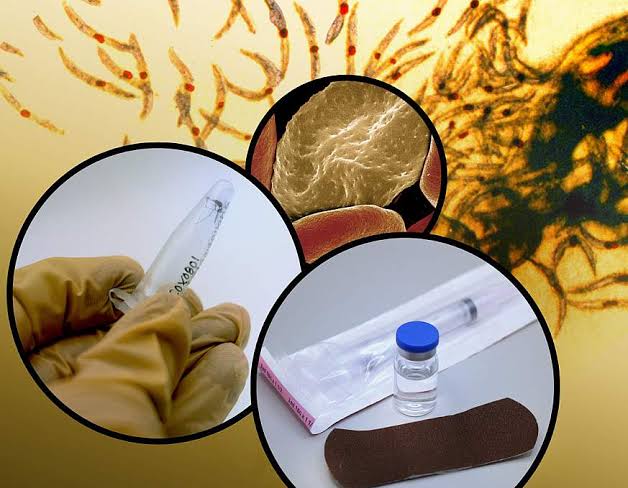Researchers at Leiden University Medical Center and Radboud University Medical Center in the Netherlands have demonstrated promising safety and efficacy of a late-liverstage attenuated malaria parasite vaccine in a clinical trial.
The study is published in the ‘New England Journal of Medicine’. The researchers found that immunisation with a genetically modified Plasmodium falciparum parasite, known as GA2, induced a favourable immune response and provided protective efficacy against malaria infection.
Current malaria vaccines offer modest short-term protection. Whole-sporozoite vaccination with live-attenuated parasites presents an alternative approach that may enhance immunity by exposing the immune system to a broader array of antigens.
In the study, “Safety and Efficacy of Immunisation with a Late-Liver-Stage, the researchers conducted a double-blind, controlled clinical trial to assess the safety, sideeffect profile, and efficacy of immunisation via mosquito bites with a genetically modified P. falciparum parasite (GA2) designed to continue developing longer in the liver.
GA2 allows the parasite to develop further within liver cells, which exposes the immune system to a broader range of parasite antigens. This prolonged exposure is hypothsised to enhance the immune system’s ability to recognise and combat the parasite by activating more complete immune responses, reported the ‘Medical Xpress’.















